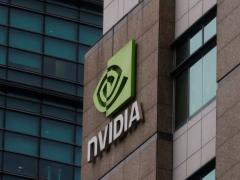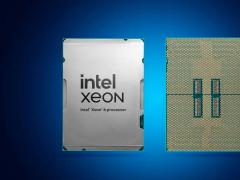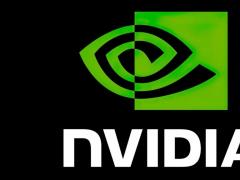Nvidia has agreed to a deal to apply artificial intelligence technology at data centers in five Middle Eastern countries for Qatari telecoms group Ooredoo, the latter's chief executive said on Wednesday.
This deal represents the first large-scale launch that Nvidia has made in a region where Washington has halted the export of advanced U.S. chips to prevent Chinese companies from using Middle Eastern countries as a backdoor pass to the latest AI.
According to the company, it will make Ooredoo the first in the region capable of giving its data center clients in Qatar, Algeria, Tunisia, Oman, Kuwait, and the Maldives direct access to Nvidia's AI and graphics processing technology.
The technology will further enable Ooredoo to assist its customers with generative AI applications better, said Nvidia senior vice president of telecom Ronnie Vasishta.
"Our b2b clients, thanks to this agreement, will have access to services that probably their competitors (won't) for another 18 to 24 months," Ooredoo's CEO Aziz Aluthman Fakhroo told Reuters in an interview.
The companies did not disclose the deal's value but announced that it was signed on the sidelines of the TM Forum in Copenhagen on June 19.
Ooredoo also would not say precisely what type of Nvidia technology it will install in its data centers, noting that it depends on the availability and customer demand.
The state permits the export of specific Nvidia technology to the Middle East, though it restricts the flow of the company's most advanced chips.
Ooredoo is spending $1 billion to increase its regional data center capacity by an additional 20-25 megawatts on top of the 40 megawatts it now has and expects to almost triple it by decade's end, Fakhroo said.
Last month, the company raised its data centers into a separate entity in a related move last year that created the Middle East's largest tower company under an agreement with Kuwait's Zain and Dubai's TASC Towers Holding.






